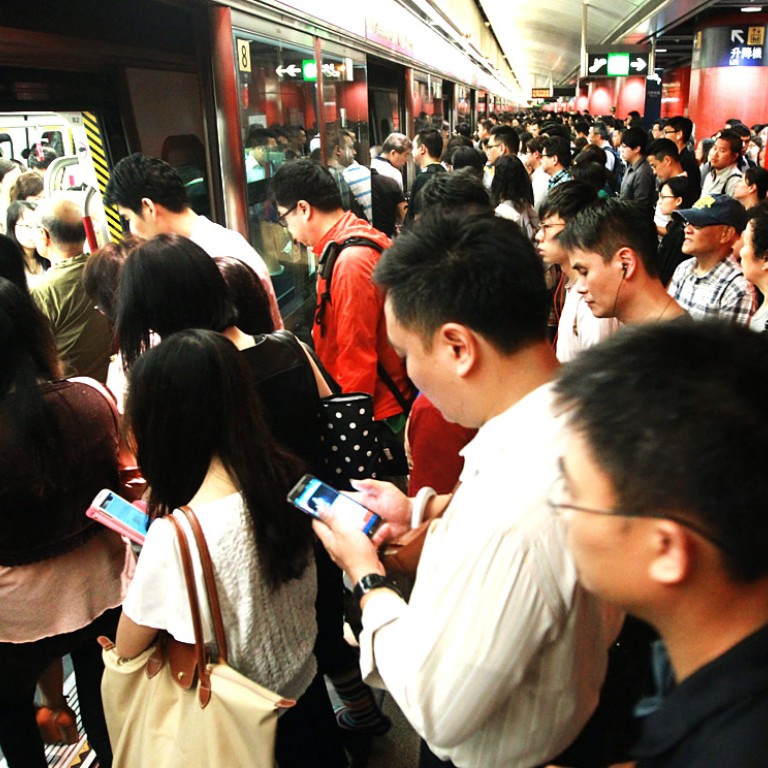
Should Hong Kong’s employees have the legal right to ask for flexible working terms?
As Britain fuels debate over non-fixed work hours and locations, one legislator argues Hong Kong should have regulated work hours first
Britain has recently introduced a law to the envy of all Hong Kong workers - they now have the legal right to request flexible working hours and locations.
While some labour experts say flexible working is a global and inevitable phenomenon, one labour sector lawmaker believed the British law to be way beyond the city's horizons, and an employer said non-fixed hours could work but flexible locations would not.
Since June 30, all employees in Britain have the legal right to request flexible work if they have been with the same employer for at least 26 months.
John Henderson, Asia-Pacific chief financial officer at workplace provider Regus, said research showed that flexible working meant higher productivity and creativity.
"People who are able to plan their lives are more productive and more successful," he said.
Manfred Lau Man-fung, whose firm is a member of the General Chamber of Commerce's small and medium enterprise committee, said unlike in Britain, in Hong Kong everyone was within an hour from almost everywhere. This made flexible locations irrelevant.
"But flexible working hours can work," Lau said. "If everyone has to cram into the crowded MTR at 9am, why don't we give them some flexibility?"
Federation of Trade Unions lawmaker Tang Ka-piu said the British law was "way too far ahead" for Hong Kong. "Hong Kong should legislate standard working hours first," he said.
Britain's law states that employers must deal with employees' requests for flexible work in a "reasonable manner". They must assess the pros and cons of each application, meet to discuss the request with the employee and offer an appeals process.
"Modern businesses know that flexible working boosts productivity and staff morale, and helps them keep their top talent," Britain's Deputy Prime Minister Nick Clegg said in June.
Henderson said there were very few roles that could not be flexible. He said Regus research showed it costs US$19,000 a year to provide someone with a desk in capital cities around the world, taking rent and other expenses into account.
"A desk is not utilised about 55 per cent of the time these days," he said. "People are out talking to their customers. They're not sitting at a desk all day."
He would not comment on whether Hong Kong should pass a law for flexible work.
Lau, Asia-Pacific business consulting director with talent management firm Graval, said some information technology companies had tried "home office" arrangements.
"It did not work because the team members could not see each other and could not communicate effectively. They couldn't make progress that way," he said, adding that any move to flexible working should not be by legislation.
Calling for working hours to be regulated first, labour sector lawmaker Tang said: "So many people … work long hours. They don't have time to be with their children." He is calling for a maximum working week of 44 hours before overtime must be paid.

